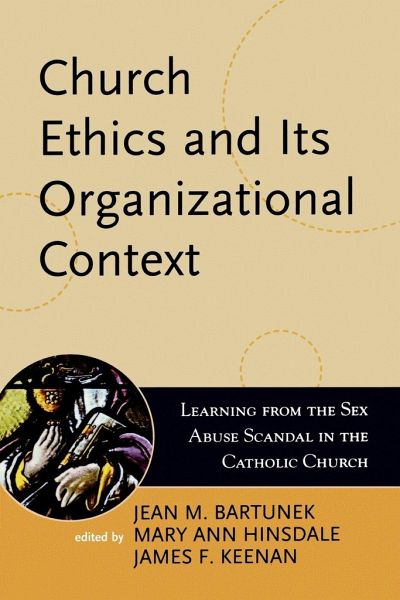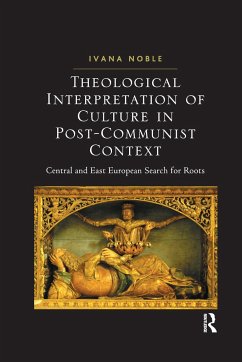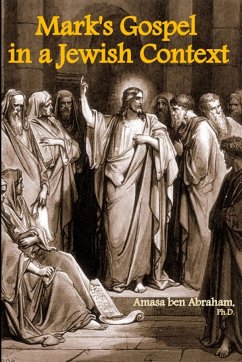
Church Ethics and Its Organizational Context
Learning from the Sex Abuse Scandal in the Catholic Church
Herausgeber: Bartunek, Jean M.; Keenan, Sj James F.; Hinsdale, Ihm Mary Ann
Versandkostenfrei!
Versandfertig in 1-2 Wochen
44,99 €
inkl. MwSt.

PAYBACK Punkte
22 °P sammeln!
Church Ethics and Its Organizational Context is the first book to provide a broadly interdisciplinary approach to understanding the leadership crisis in the Catholic Church in the wake of the sex abuse scandal and how it was handled. Well-known scholars, religious clergy, and laymen in the trenches of church formation and leadership come together from the disciplines of organizational behavior, theology, sociology, history, and law, to foster the creation of a new code of ethics that is both ecclesial and professional. Touching on issues of governance, authority, accountability, and transparen...
Church Ethics and Its Organizational Context is the first book to provide a broadly interdisciplinary approach to understanding the leadership crisis in the Catholic Church in the wake of the sex abuse scandal and how it was handled. Well-known scholars, religious clergy, and laymen in the trenches of church formation and leadership come together from the disciplines of organizational behavior, theology, sociology, history, and law, to foster the creation of a new code of ethics that is both ecclesial and professional. Touching on issues of governance, authority, accountability, and transparency, this volume goes on to specifically explore whether and how professional ethics can shape the identity and actions of Church leaders, ministers, and their congregations. While evoked by the sex scandal in the Church, the essays in this book raise questions that have implications far beyond this current issue, to much broader issues such as the role of professionalism in ethics and what it means for an organization to engage in moral action.












